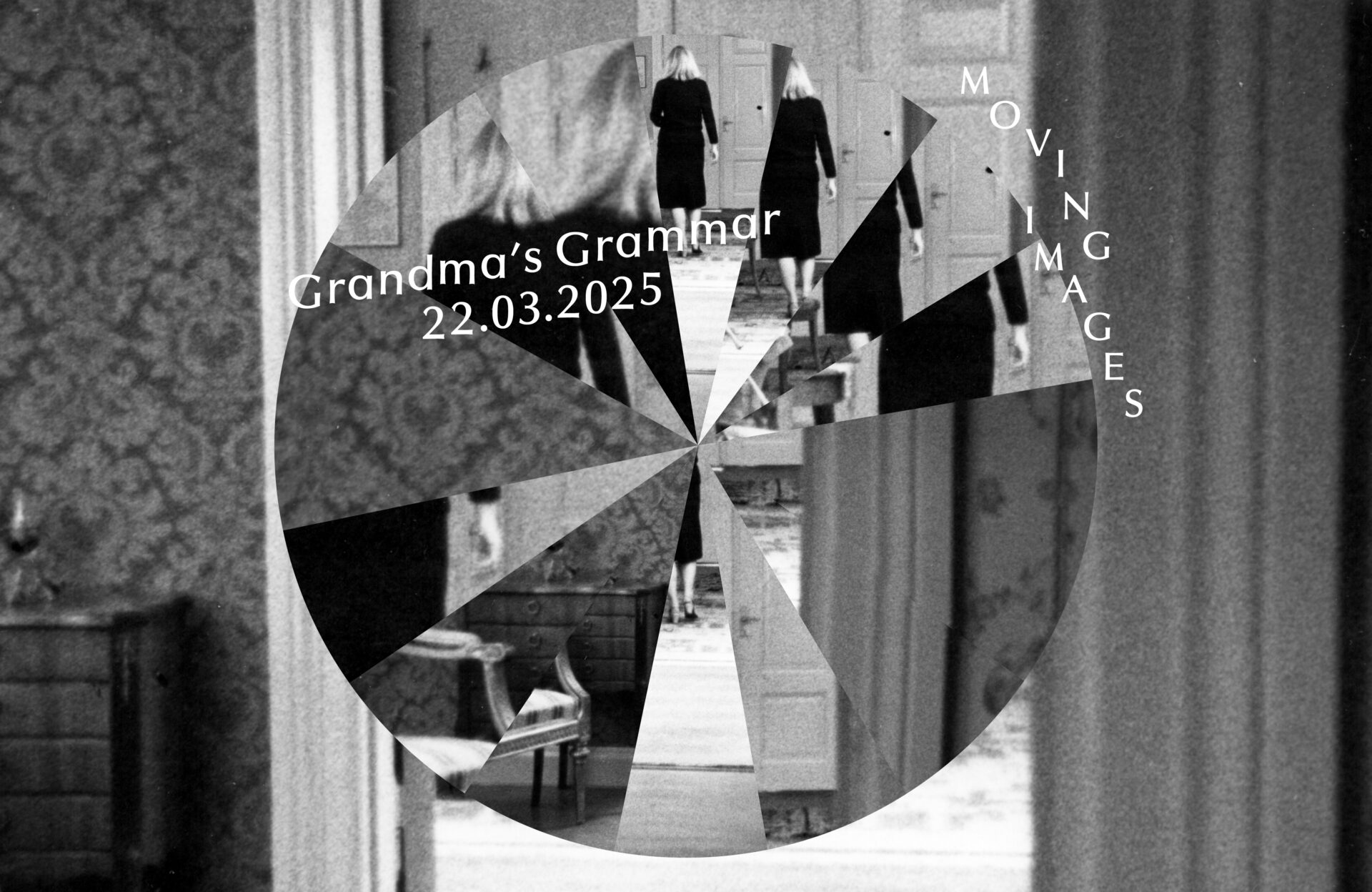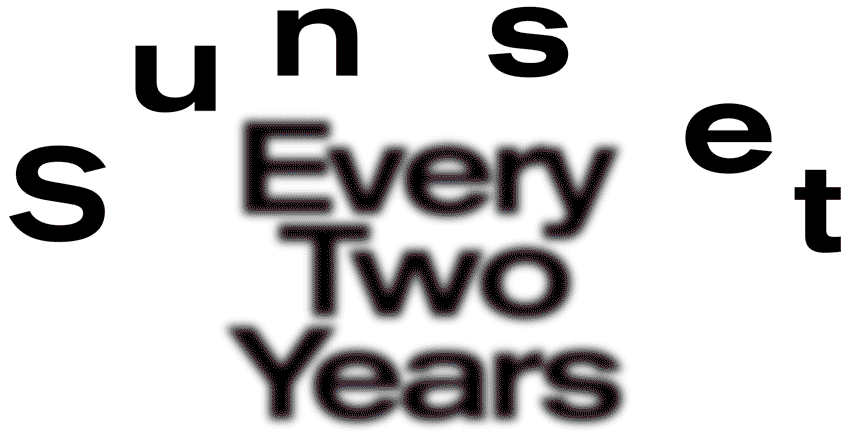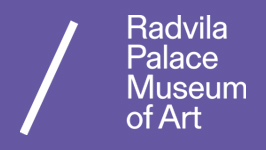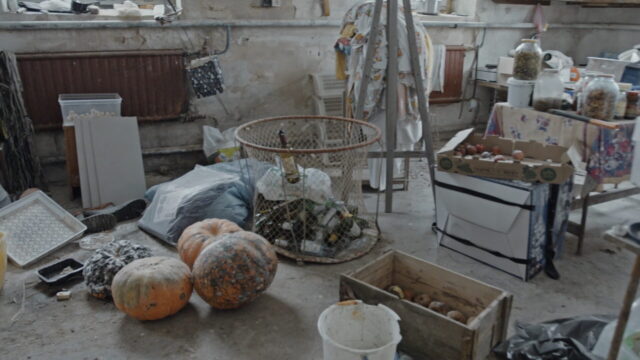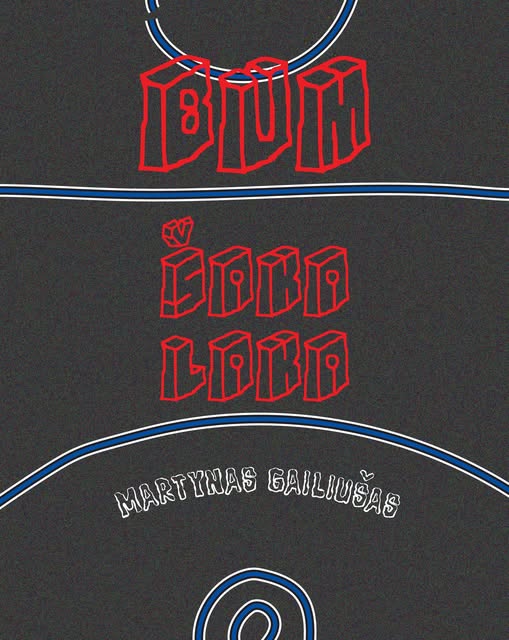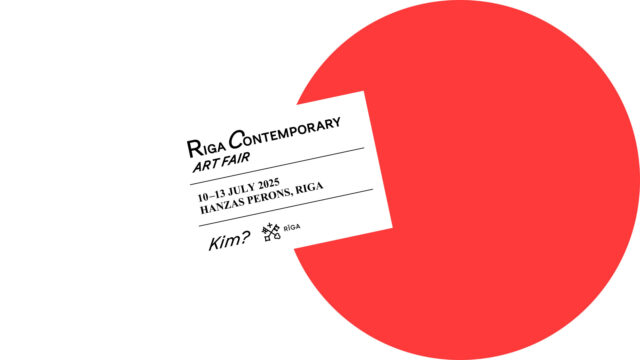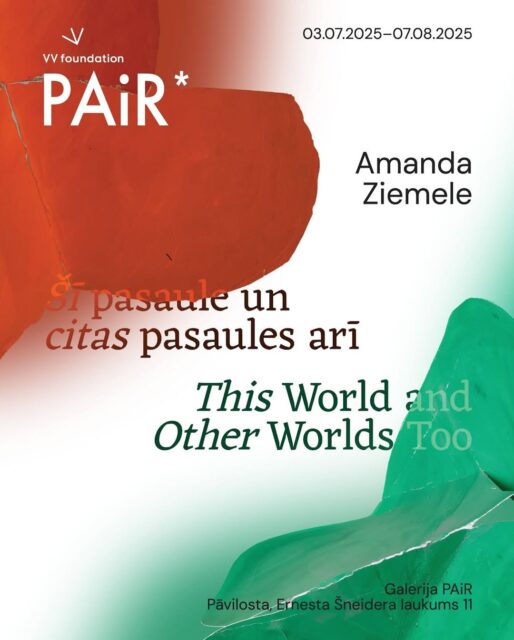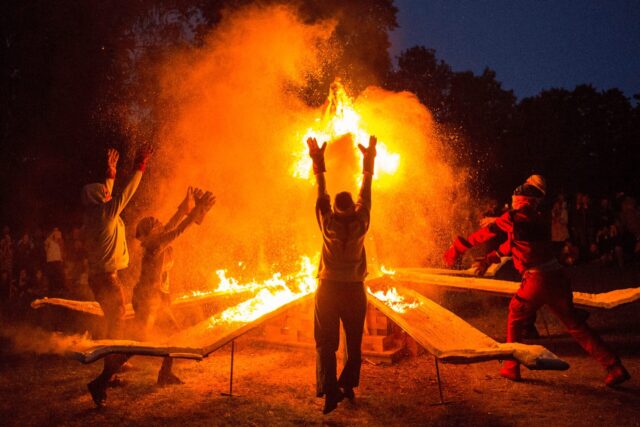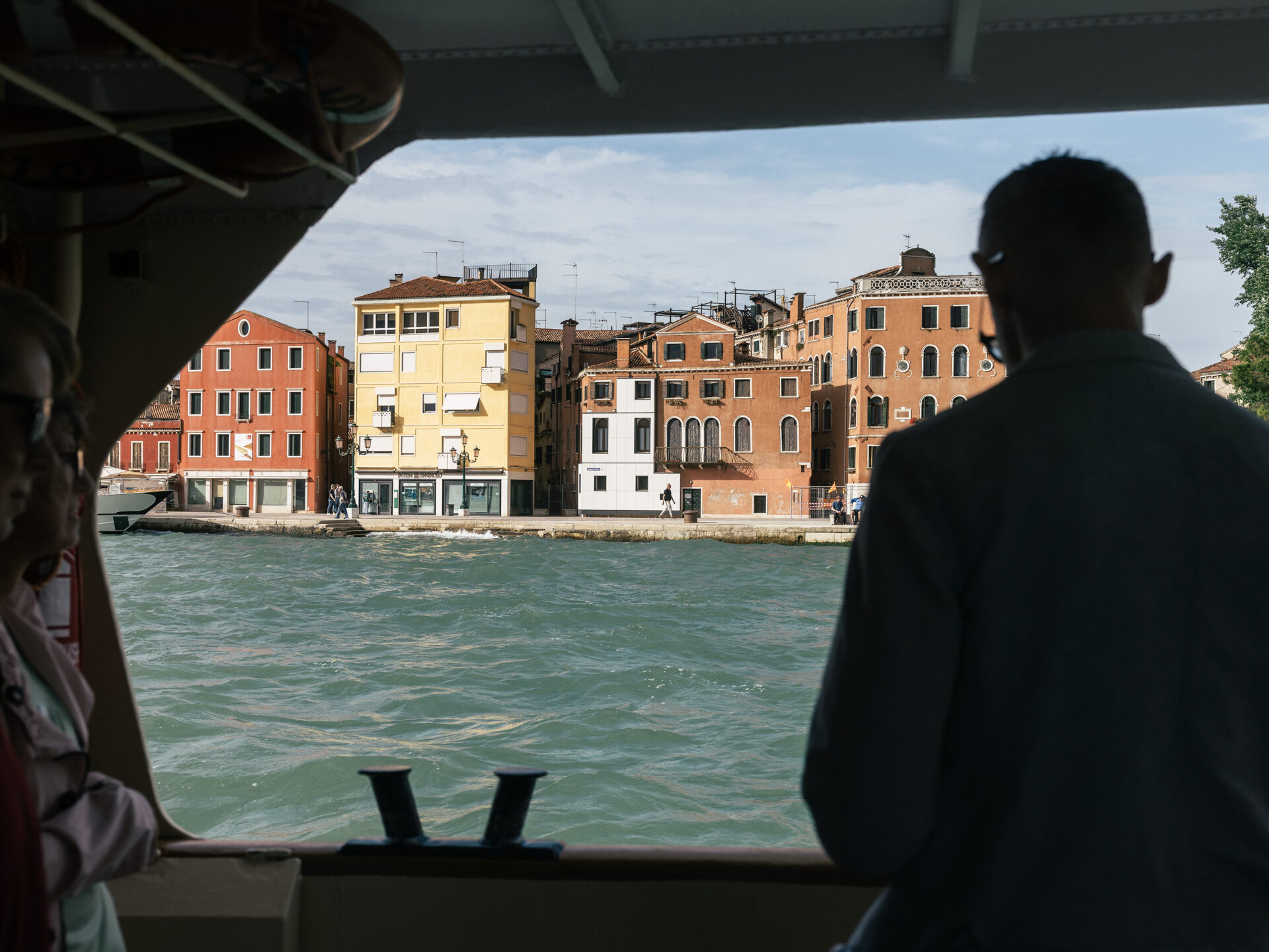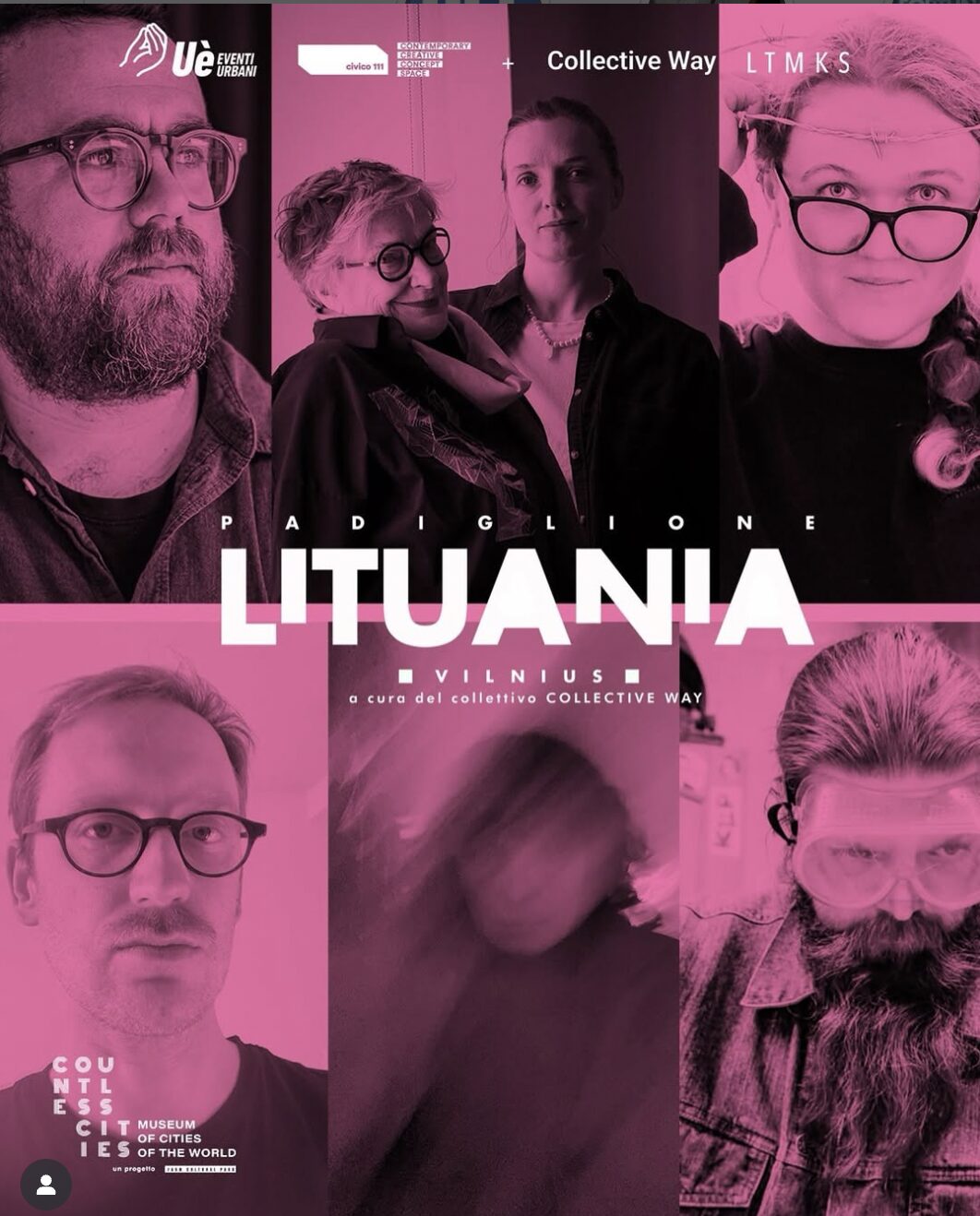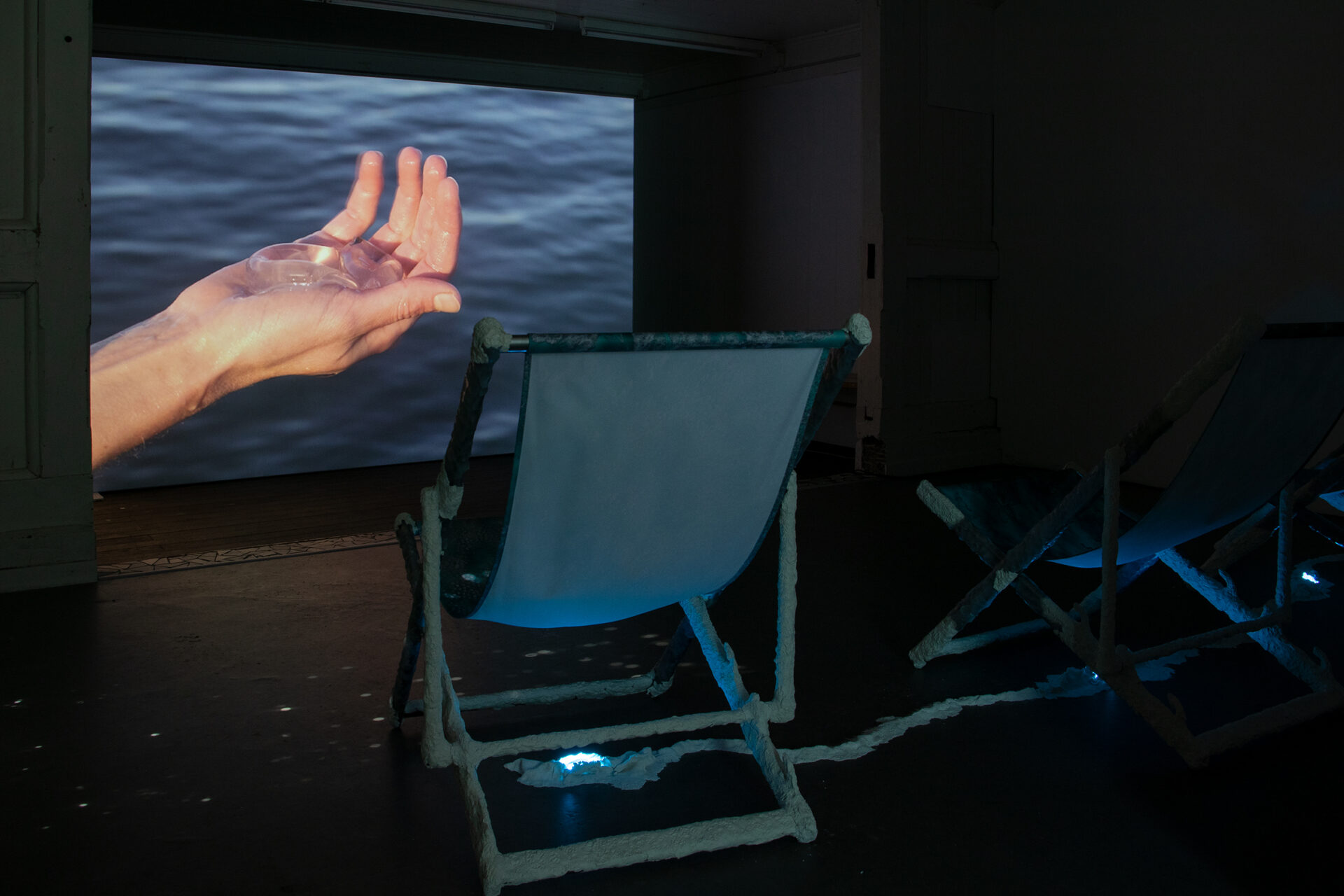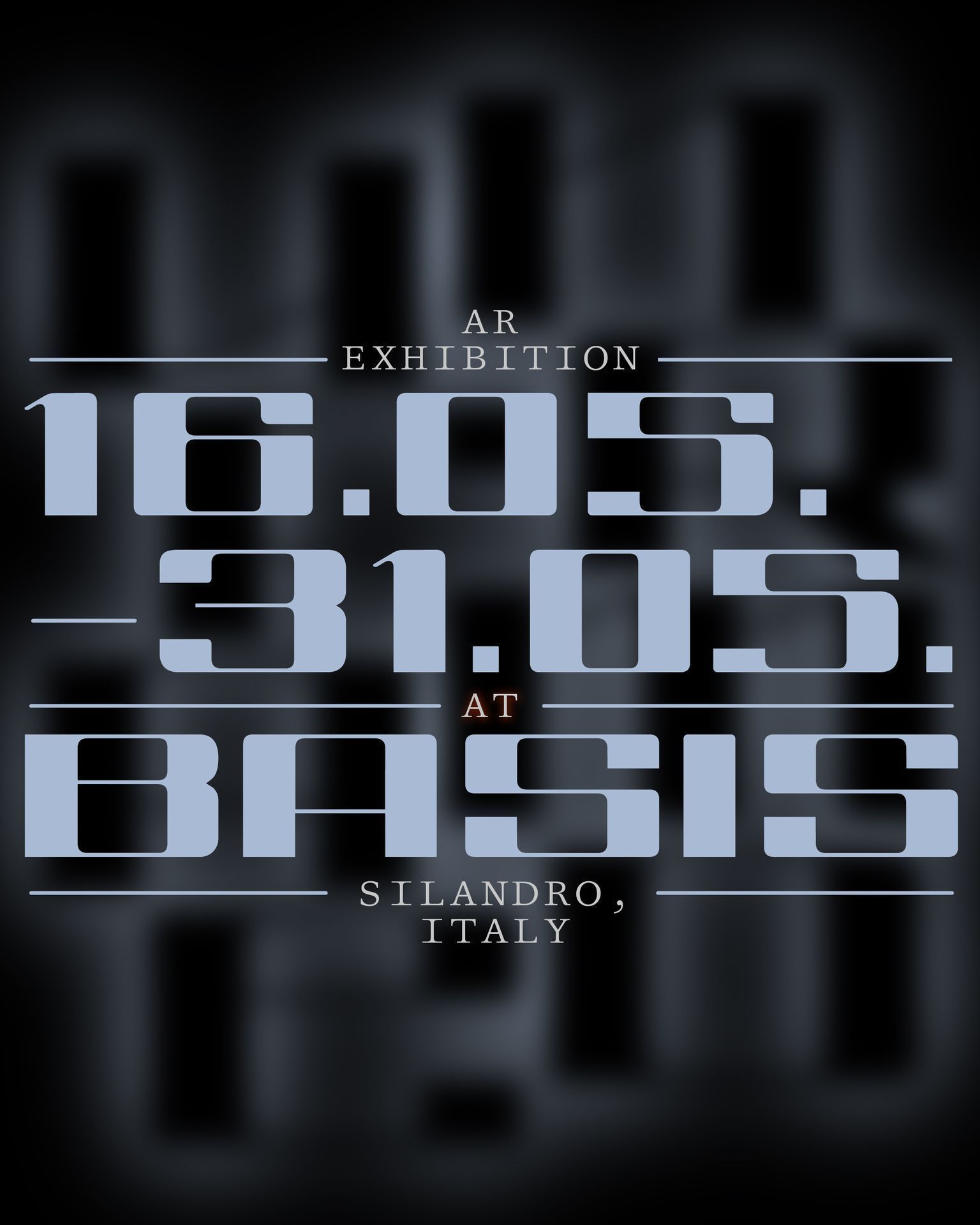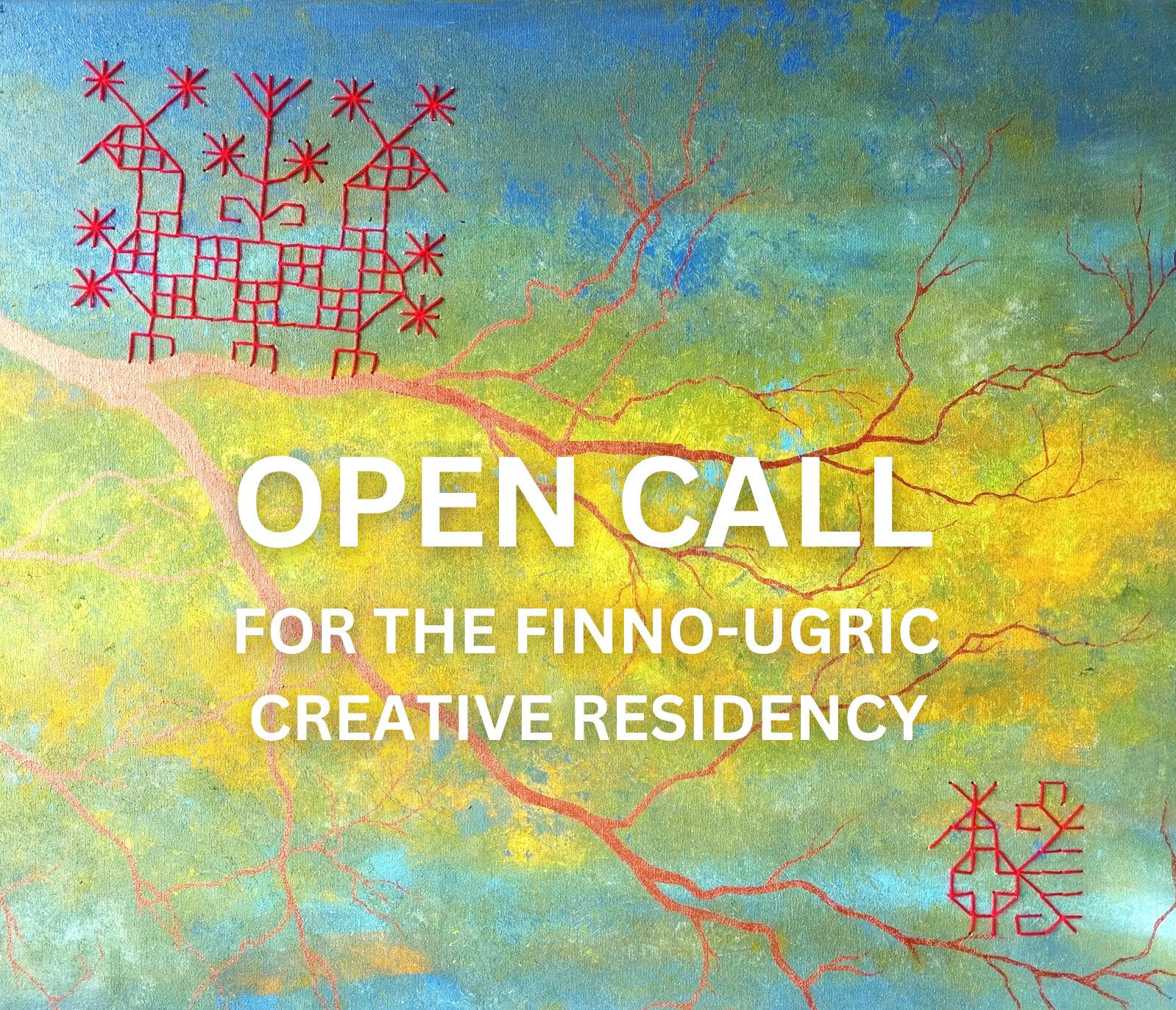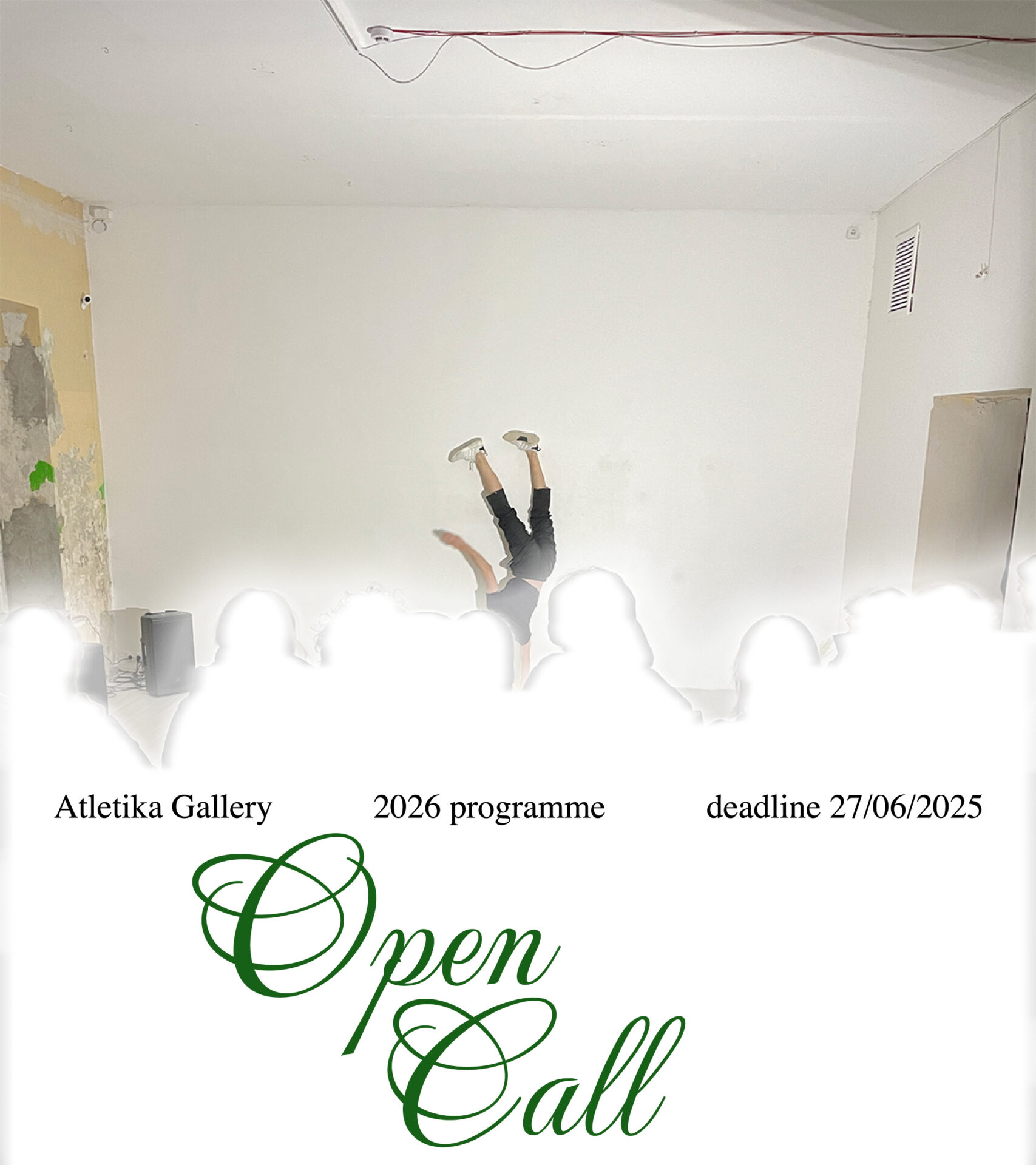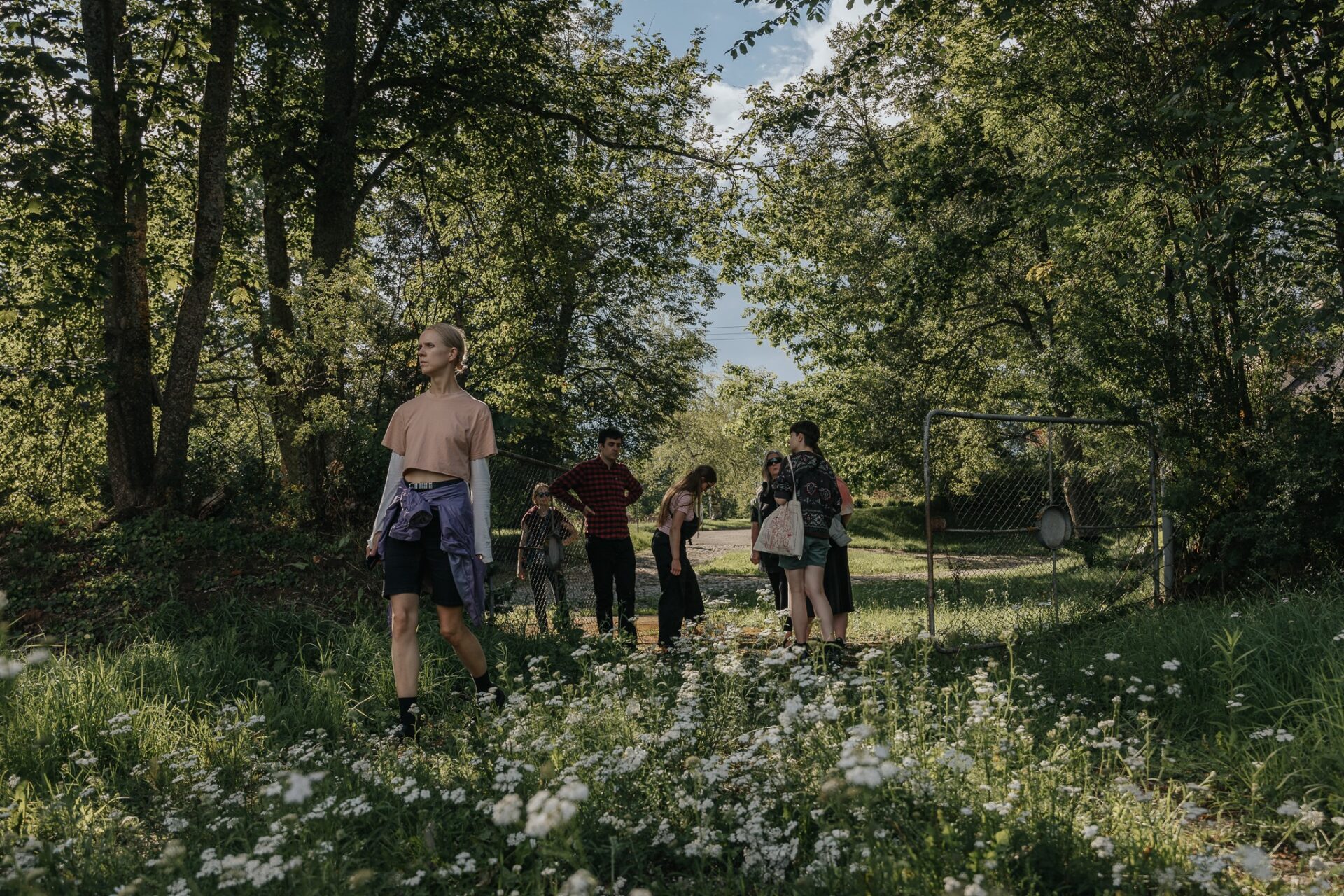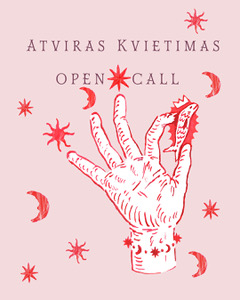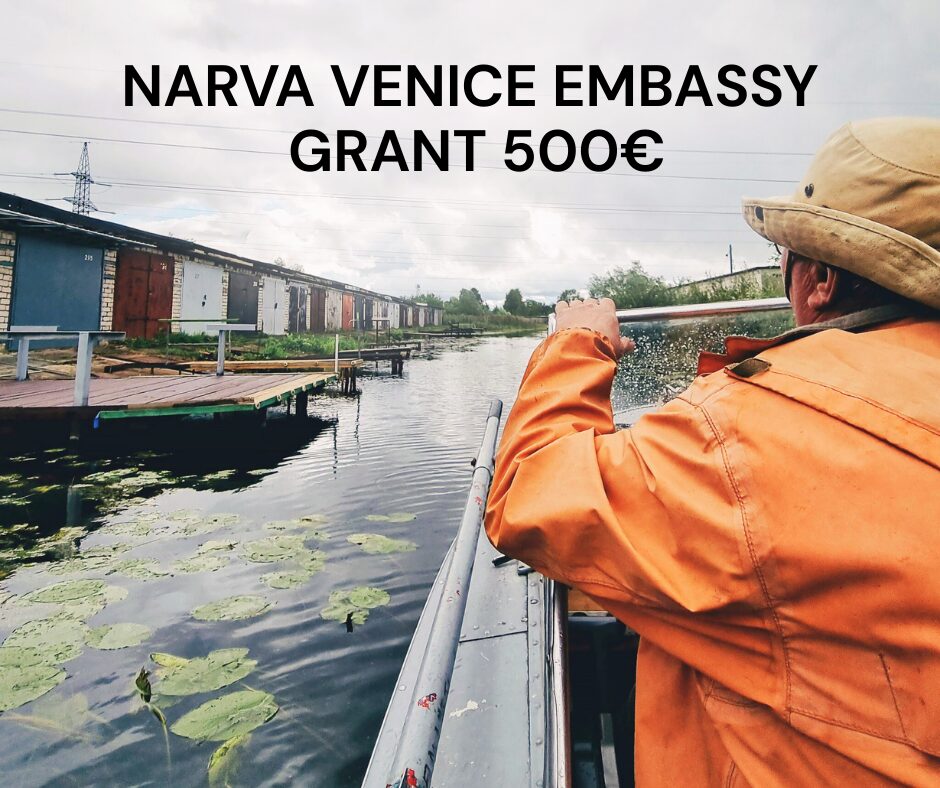The third Moving Images at Sapieha Palace screening will take place on Saturday, March 22, at 4pm. This time in the Great Hall of Sapieha Palace, the ‘Grandma’s Grammar’ film programme will be presented, aiming to highlight the various roles of grandmothers in historical and contemporary cinema practices. The program explores their role as multifaceted figures – grandmothers serve as perspectives that allow for a deeper understanding of different forms of community, solidarity, and kinship, as well as cinematic figures that model alternative modes of perception, thinking, and feeling.
Grandmothers have long been feminist filmic resources, a way to think laterally across generations, articulating a relationship to past traditions and temporalities, to social rituals, the historicity of gender and of patriarchy’s demands, and the witnessing of historical trauma and oppression. In this the grandmother also operates as a very specific proxy for the thickness and entanglement of any given story of lineage, inheritance, or the bequeathing of storytelling itself. What is narrated by the grandmother? And what does grandmother refuse to narrate? Such questions have long animated feminist historiography and theories of gendered and raced subjectivity, especially as the oral traditions and embodied knowledges transmitted across generations have sustained alternative narrations of history and History.
One of feminist history’s desires, untold, is the desire for the grandmother.
(Revised, expanded extract from Elena Gorfinkel, “Cinema of the Grandmother,” in E. Balsom and H. Peleg eds. Feminist Worldmaking and the Moving Image. MIT Press, 2022.)
The programme features films by Barbara Hammer, Gunvor Nelson, Chiemi Shimada, and Emilija Škarnulytė.
The films will be introduced by the program curator, Elena Gorfinkel, a researcher of avant-garde and experimental film and women’s cinema practices. The event will be held in English.
More about the programme: https://sapiegurumai.lt/en/events/grandmas-grammar/
